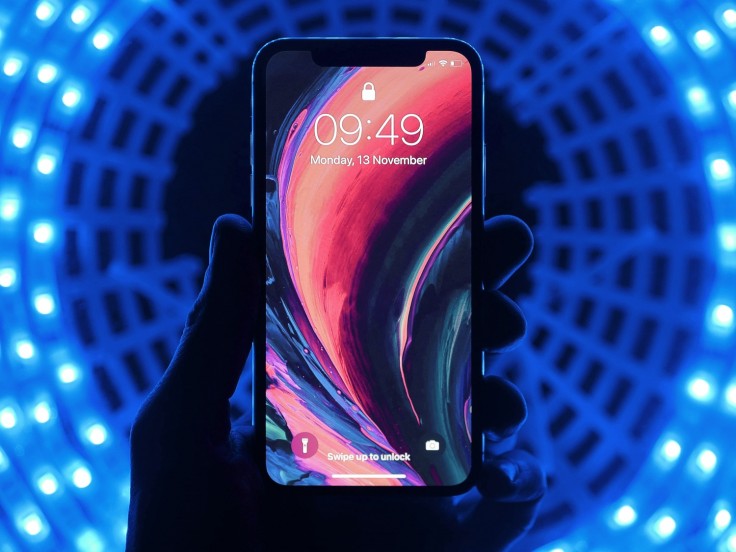
Ericsson's lawsuit against Apple for patent infringement has driven Colombia to ban the sales of 5G Apple, such as iPhone 12, iPhone 13, and iPad Pro.
5G iPhones and iPads Banned in Colombia
Due to 5G patent infringements, Ericsson has been requesting an international sales ban on the iPhone. The first of these bans in Colombia has now been granted. The iPhone 12, iPhone 13, and iPad Pro models with 5G capabilities are all subject to the ban.
The current wave of Ericsson v. Apple patent infringement lawsuits began less than six months ago. The first sales and import ban is already in effect, so Apple is currently unable to sell 5G iPhones and iPads in Colombia or import them into the South American nation.
Ericsson, the top supplier of 5G network hardware in the US, claimed that Apple had violated its patents by using 5G chips in current iPhones. This is due to Apple's failure to renew the licenses when they became expiring after previously paying royalties for the use of the patented technology. After once reaching an agreement on the licensing of its patented 2G, 3G, and 4G technologies, it is believed that Apple was hoping to negotiate a better deal for the 5G licenses.
Of course, Apple is contesting the injunction, but critics have charged that the company is using a double standard by objecting to three different legal strategies that it has previously employed itself.
In December last year, Apple also filed a lawsuit against Ericsson, alleging that the Swedish business had broken the FRAND terms. This international law mandates fair, reasonable, and non-discriminatory terms for standards-essential patents. In other words, Apple argued that Ericsson was overcharging for patent license fees.
Read Also: Elon Musk Vs. Twitter: Tesla CEO Breaks Silence About Possibility to Face Lawsuit With Memes
Apples Faced Lawsuit in June For Battery Allegations
Last month, Justin Gutmann claimed that the company misled users about an upgrade that was supposed to improve performance but actually made phones slower.
Up to 25 million UK iPhone users could be subject to his £768 million ($913 million) in damages demand.
On the contrary, Apple claimed that it has "never" shortened a product's lifespan on purpose.
He contends that the company pushed users to download the software updates rather than recalling products or providing replacement batteries because iPhone batteries may have had trouble keeping up with the most recent version of iOS. The iPhone 6, 6 Plus, 6S, 6S Plus, SE, 7, 7 Plus, 8, 8 Plus, and iPhone X models are included in the claim.
The complaint, which was submitted to the Competition Appeal Tribunal, contends that in order to avoid costly recalls or repairs, Apple allegedly "throttled" the performance of older iPhone models.
It has to do with the introduction of a power management tool that was made available to iPhone users in a software update in January 2017 to address performance issues and prevent older devices from shutting down unexpectedly.
Gutmann's claim was made two years after a comparable case was decided in the US. In 2020, Apple settled allegations that it had slowed down older iPhone models for $113 million. Apple allegedly did this to entice users to buy new devices, according to 33 US states.
Related Article: iPhone 13 5G Upgrade: How to Activate 'Allow More Data' Mode for Super-Fast Internet









